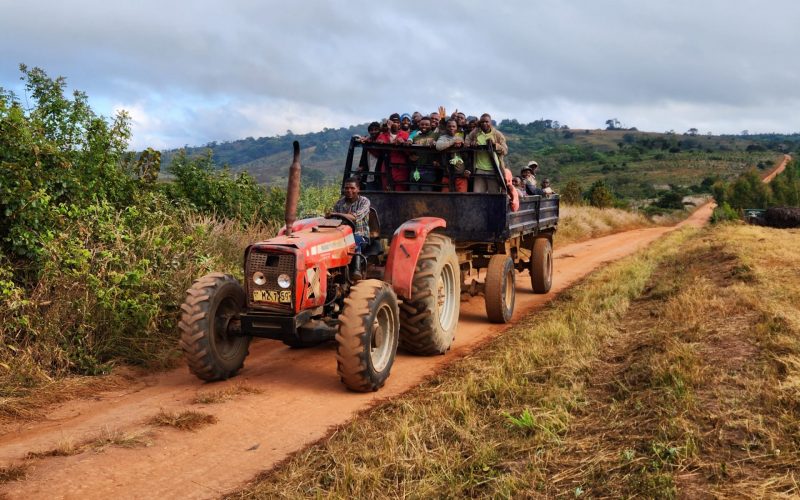The Permanent Okavango River Basin Water Commission (OKACOM), a joint river basin management authority governing and co-ordinating the national interests of riparian member states Angola, Namibia and Botswana, provides important lessons for co-operation on transboundary watercourses. OKACOM’s success can be attributed to, among others, a strong institutional framework supported by both regional and international water governance frameworks, and high levels of political will and trust among the riparian countries, founded upon historical political alliances. However, in light of the growing challenges posed by climate change and the need to further member countries’ national economic development, OKACOM must pursue governance strategies that benefit all relevant stakeholders, and consider the use of innovative models to distribute economic gains more effectively and to better manage joint water allocation and abstraction.








